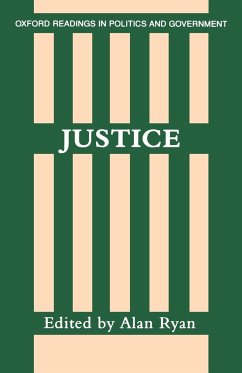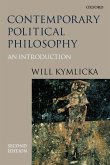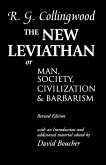This collection of extracts from works by philosophers, political theorists, and social critics ranges over two millennia, from the ideas of Plato and Aristotle to those of contemporary thinkers such as John Rawls and Robert Nozick, and examines the nature of justice, its importance in human life, and its place among the other virtues. The scope of the collection gives a clear picture of the differences and continuities that have marked the debate: Plato's emphasis on the ideal of 'sticking to one's task' contrasts with the modern emphasis on individual rights, while the account of justice as part of the law of nature offered by Aristotle and Cicero contrasts with Hume's analysis of justice as an artificial virtue. Alan Ryan's introductory essay emphasizes the stringency of justice, showing how its demands can conflict with considerations of the general welfare. The book concludes with a discussion of Marx's view that justice is perhaps merely a concession to a world of scarcity and selfishness created by capitalist necessities. This is an essential guide to interpretations of one of the central values of political life and thought.
Ranging over two millennia, this collection of extracts from works by philosophers, political theorists, and social critics from Plato and Aristotle to Rawls and Nozick examines the nature of justice, its importance in human life, and its place among the other virtues.
Hinweis: Dieser Artikel kann nur an eine deutsche Lieferadresse ausgeliefert werden.
Ranging over two millennia, this collection of extracts from works by philosophers, political theorists, and social critics from Plato and Aristotle to Rawls and Nozick examines the nature of justice, its importance in human life, and its place among the other virtues.
Hinweis: Dieser Artikel kann nur an eine deutsche Lieferadresse ausgeliefert werden.








